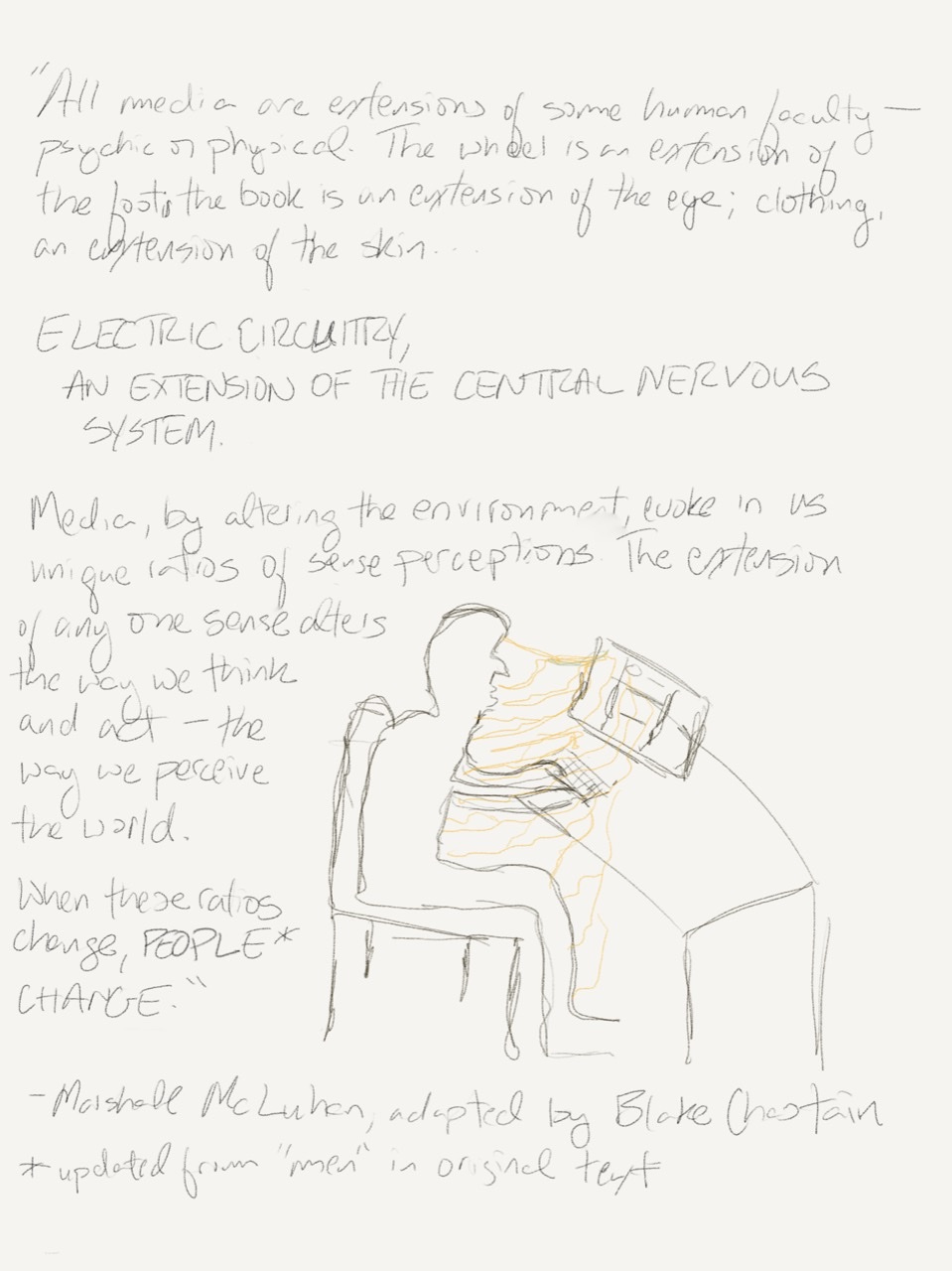📱Discourse Whiplash & Social Media
When the conversation shifts and I can’t keep up.
Last week, I published another RNS piece that I shared here, called “Evangelicals must stop consulting themselves for guidance.” In that vein, I was trying (as I have before) to contextualize the current push from elite evangelicals to obscure just how deeply troubling the current state of evangelicalism is - and how they have rejected people who tried to reform their movement from within many times before.
At the same time, it’s been difficult to situate the current State of Discourse surrounding “deconstruction,” the current catch-all evangelical bogeyman. The Gospel Coalition has published an article saying it shouldn’t “be redeemed.” Christianity Today’s current cover story addresses the subject (albeit without talking to anyone; it is an opinion piece). Skillet’s singer wants to “wage war” on it.
There’s also an endless conversation happening about whether “exvangelical” is a useful term to describe where one is personally. And all of these various things jumble into one single timeline, talking about very different things—or at the very least, the same thing but with very different lenses.
It’s a lot to take in, and I don’t always process it well. I feel my anxiety tighten my chest, I feel my codependent tendencies kick in, I feel the tension build in my shoulders. I feel my CNS become enmeshed in the words and feelings of others. And it’s then that I come back to the passage I quoted and sketched out above.
Because while I intellectually know my own intentions and can accept responsibility for my own role in harm & being harmed (I am reading adrienne marie brown’s We Will Not Cancel Us right now, which is where I learned this language and framing)…
…and while I know that #exvangelical as a hashtag has an SEO use…
…and “exvangelical” is valuable in creating what Corinna Laughlin calls “counter-publics” to “combat” evangelical rhetoric (to use General John Skillet’s metaphor)…
…and I believe “exvangelical” as an identity has limits…
…and I think we need to get better at delineating between cultures, followings, and communities-all of which have different purposes…
…that’s impossible to get across in any single tweet or interaction. It’s simply too much to take in simultaneously, mentally or emotionally. Especially at the speed of twitter.
Reading through some of my weekend posts, I can see how this played out within my own posts to twitter. First I was responding to elite evangelicals:
Later, I was trying to respond to evangelical characterizations of “deconstruction:”
Then I was trying to frame why, if this is supposedly a “war,” then it is incredibly asymmetrical:
Then I stumbled across a twitter conversation about folks who were formerly evangelical but don’t relate to or use “exvangelical,” and went deep into my feels:
Then I struggled with how difficult it is to talk about something as massive as the impact of evangelicalism:
Then I realized I should recognize when to log off. And that’s ok.
Then I made the sketch above.
These are the sorts of things I am processing as I continue to work on my book and participte in what danah boyd calls “networked publics.” But part of doing so, especially in a point in time where many of us are locally lonely, involves knowing when to step away from these networked publics.
It’s something I’m still learning, at least partially, in public—as these tweets demonstrate.
How do you manage your emotions, expectations, and interactions? Let me know in the Discord or in the comments.






Thank you, Blake. I only just now realized what a wonderful recommend you gave my book :) Grateful. I can use all the help I can get! The story is still largely undiscovered. :)
I am late to this discussion,but wanted to relate that your work and honest sharing is appreciated. I am a boomer and struggle just to understand. I did manage to self pub my deconstruction story with paid help as to the technology. Hope u don’t if I mention here…gonna have to assume you’ll forgive it. “something to say” by LeeAnn Summerfield (Amazon). I feel that the whole relevance and only great meaning of my life is contained in this painful story. Only in the last two years have I discovered that I am not alone